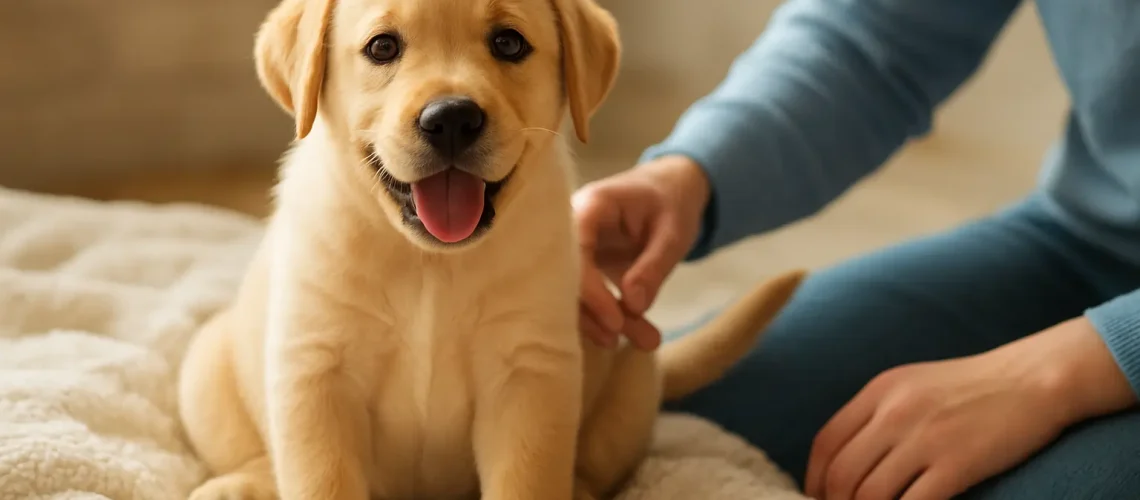Those adorable little dog eyes. That wagging tail. That little pebble that burns your heart. It’s easy to fall in love and think you need a pup today. However, since you are about to get a dog, you must take a slow breath because this choice alters your life in both positive and, in some cases, the most difficult aspects.
Getting a puppy is not a weekend affair. It is a lifelong process that is full of happiness, patience, responsibility, and numerous learning hours. This article will take you through all the information, such as dog care tips and a first-time puppy owner guide, that you ought to know before owning a dog, particularly when this is your first time owning a dog.
At PupzCorner, we’re dedicated to helping new pet parents get off to a strong start with expert guidance, essential dog supplies, and practical care manuals. You are about to start your pup adventure. Contact us now & allow our team to help you prepare to welcome your new furry friend.
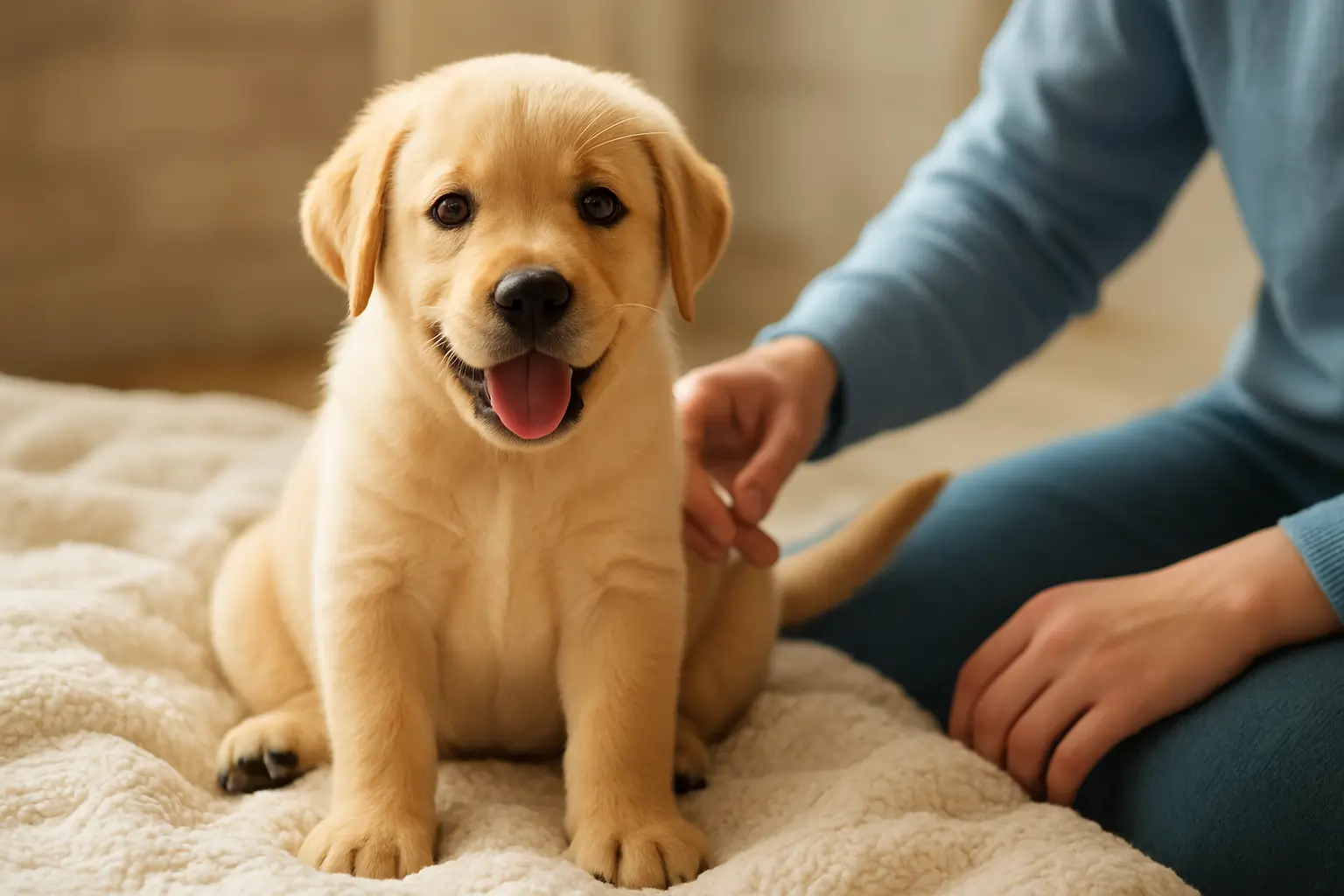
What It Really Means to Get a Puppy
When individuals visualize the process of adopting a pup, they envision cuddling, playing, and taking walks. What they do not imagine is the cleaning up of accidents, tooth damage, and 5 a.m. wake-up calls. Owning a dog is a full-time occupation. You are not merely buying a pet, but raising a living creature that needs you to feed, love, and guide.
The honest questions to ask before you get one are:
- Do I have time to train, feed, and exercise every day?
- Will I be able to pay the vet bills, good food, and hair cutting?
- Am I psychologically prepared to be patient with puppies?
When the answer to this is yes, then you are prepared to begin this fruitful period of life.
The Best Time to Get a Puppy
When is better than why? A pup should be acquired at the right time, and when you can afford to provide time and stability to them. Avoid bringing a whelp home right before vacations, during busy work seasons, or during major life changes like a home move. Puppies require organization and discipline, and the initial 23 months are essential in bonding and training.
In areas with extreme weather conditions, it is advisable to adopt measures during the warm season. House training, outdoor walking, and socialization are easier. Pups aged 8 to 12 months adapt well to new homes where they are mature enough to learn and immature sufficient to form close attachments.
After determining the time of day of the week you should bring a pup home, the next thing to do is to select the ideal breed. Breeds that best suit family life can be found in our list of Top 7 Small Dogs for Families.
Preparing Your Home
Taking a puppy home unpreparedly is similar to having a toddler and not having any safety gates, and the same devastation can occur. The following are the steps for preparing your home with a puppy:
- Puppy-proof your house: Take away small items, poisonous plants, cables, and open trash cans.
- Develop a secure space: Prepare a small, comfortable space, including a bed or a crate, toys, and water.
- Prepare cleaning supplies: Accidents are a common aspect of maintaining pet-safe cleaners on board. A secure environment helps your puppy get accustomed quickly and avoid untimely accidents.
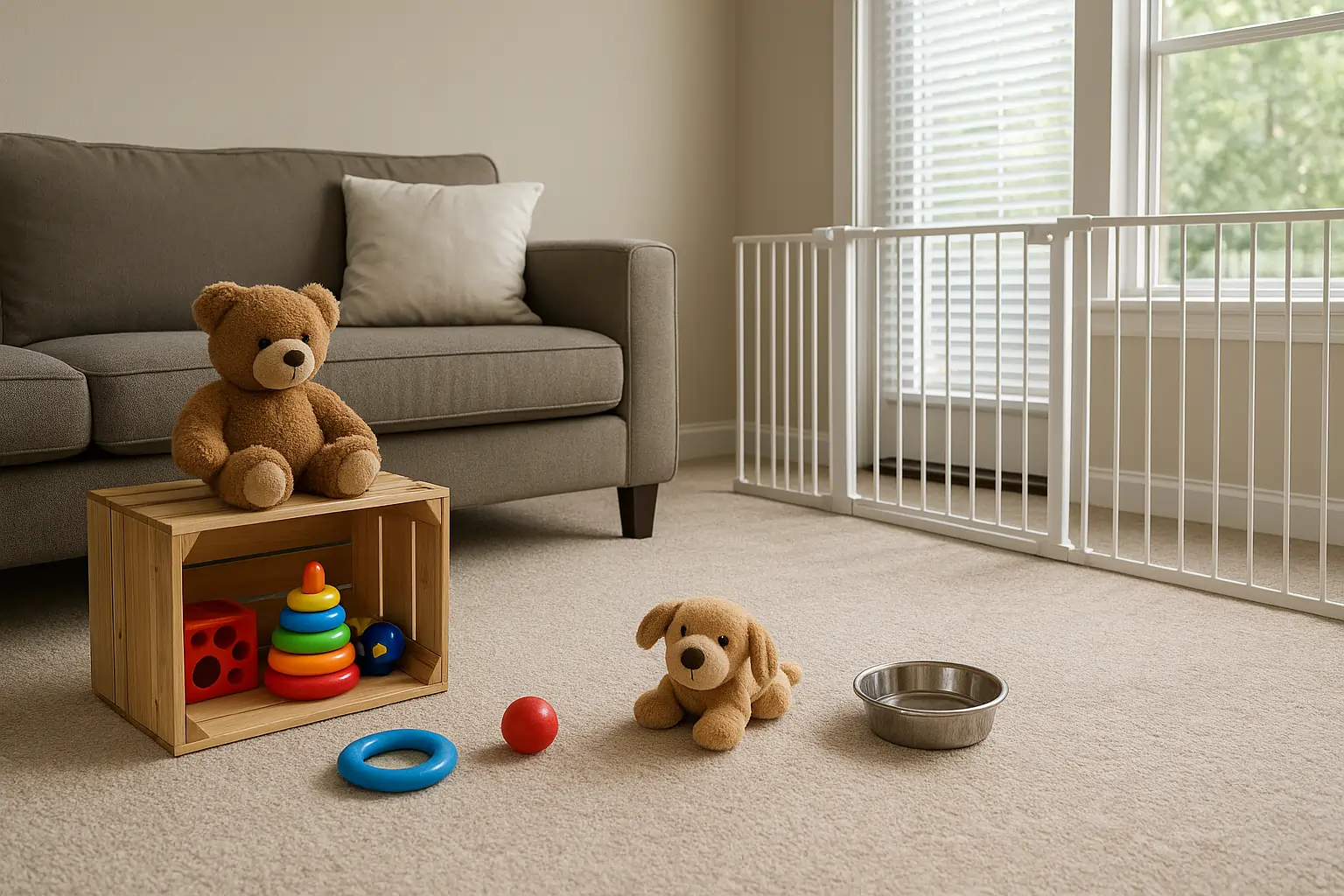
Puppy Checklist Essentials for a New Owner
You should have everything that a dog owner requires before the arrival of your puppy:
- Puppy food and treats
- Food and water bowls
- Collar, leash, and ID tag
- Soft crate or bed
- Training treats and chew toys.
- Puppy shampoo and brush
- Puppy pads or grass mats
These will come in handy during the initial few weeks of your lives. It is also important to remember that adopting a puppy requires planning to ensure their safety and comfort.
Want to save time shopping? Explore our Small Dog Clippers, which have everything your new puppy needs. First-time puppy owners carefully select everything.
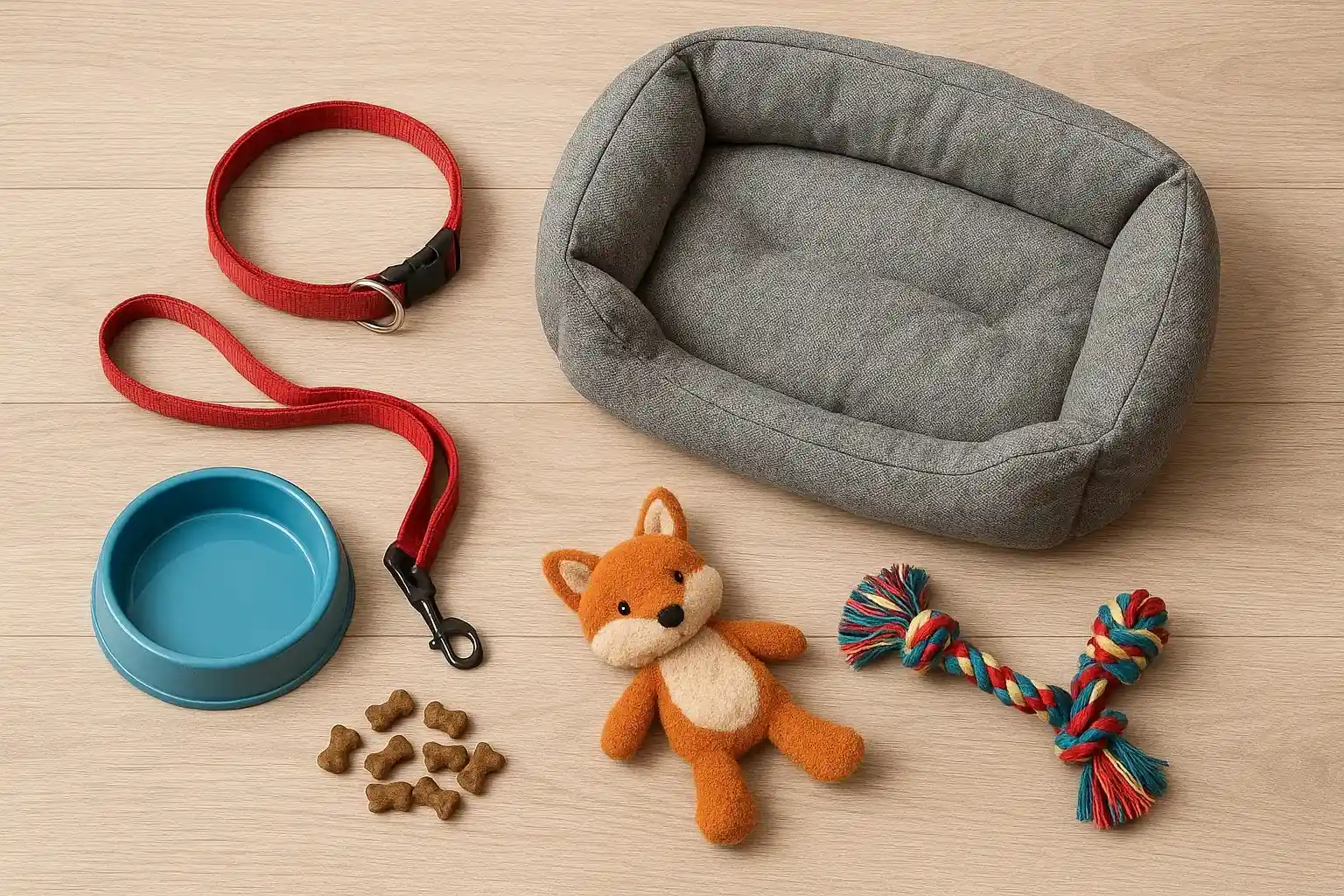
Puppy Health and Vet Care
A visit to a vet is one of the initial steps to be taken upon the adoption of a little dog. You will be provided with instructions on the vet:
- Immunization and reinforcement timetables.
- Deworming and prevention of fleas and ticks.
- Early health checks
A healthy dog is maintained through keeping up with its health schedule and regular vaccination. Schedule a checkup every few months within the first year. Your whelp may need an easier time keeping up with his health routine, so go and see our Puppy Health and Grooming Kit. It contains mild shampoo, a soft brush, and other things that will ensure that your pup is clean and comfortable between visits to the vet.
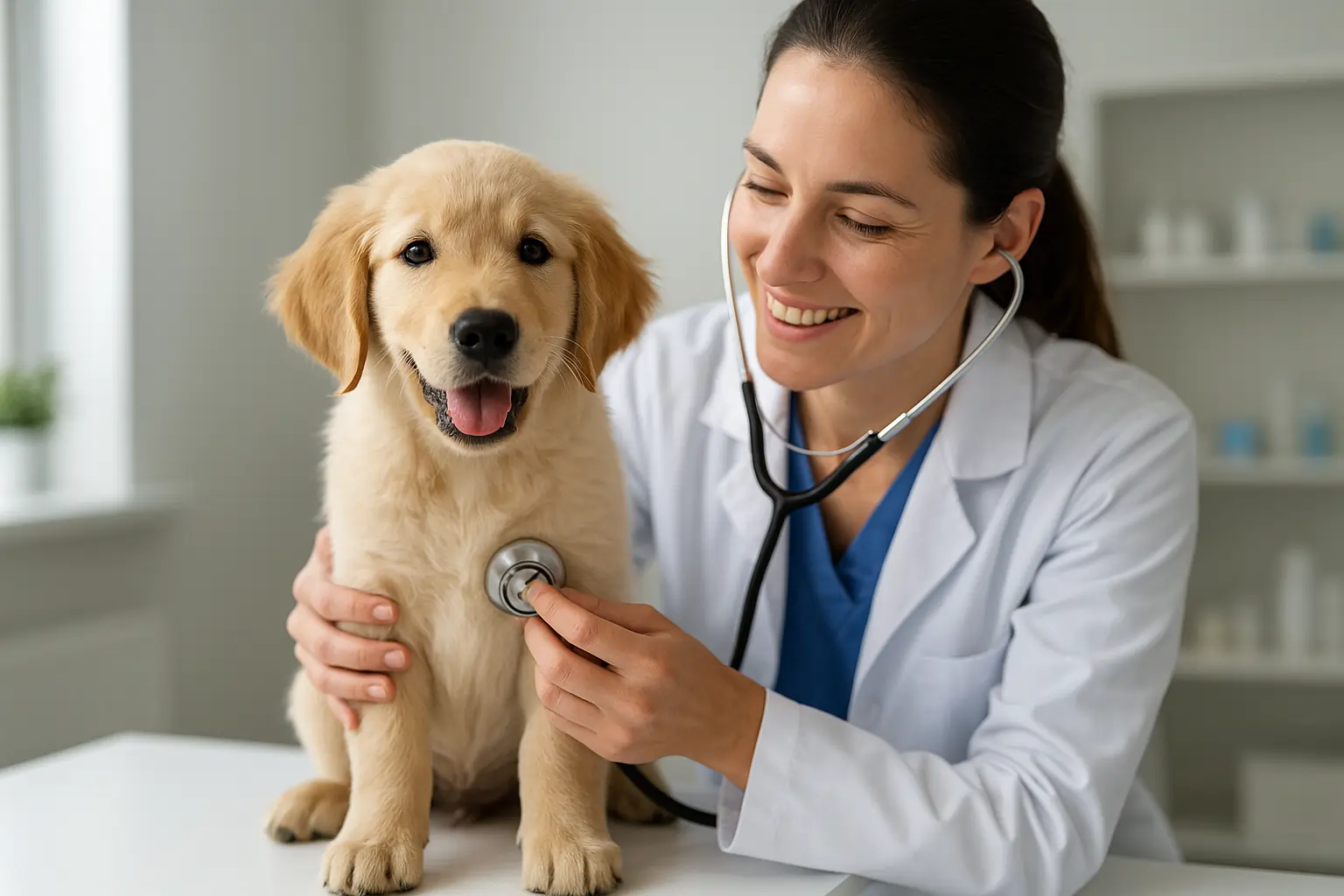
Puppy Food and Nutritional Requirements
Proper feeding of your whelp is among the greatest aspects of early care. Their small bodies develop rapidly, necessitating a balanced diet rich in the proper nutrients. Puppy food nutritional requirements include:
- High-quality protein (for muscle and tissue growth)
- DHA & Omega-3 fatty acids (for brain development)
- Calcium & phosphorus (for strong bones and teeth)
It is better to avoid adult dog food, human snacks, and excessive treats for them, which may upset their digestion and development. Never ignore the labels on the food, or consult your vet on the type of food that should be given to your dog, depending on their breed and size.
Training Basics for First-Time Puppy Owners
Through early training, your whelp develops trust, discipline, and habits that last a lifetime. Start with house training and take your pup for a walk every few hours, especially after meals and naps. Implement crate training as a tool to assist with behaviour and potty training. Keep sessions short and positive, and reward any success.
Basic commands such as sit, stay, and come are supposed to begin in the first few weeks. It is essential to be consistent, patient, and praise. And do not forget that socialization is where your pup is exposed to other people, sounds, and places to help them gain confidence.
Reward every little win! Our Puppy Training Treats Pack is crafted using natural ingredients and is just the right size for early training, providing a delicious way to keep your whelp motivated and focused.
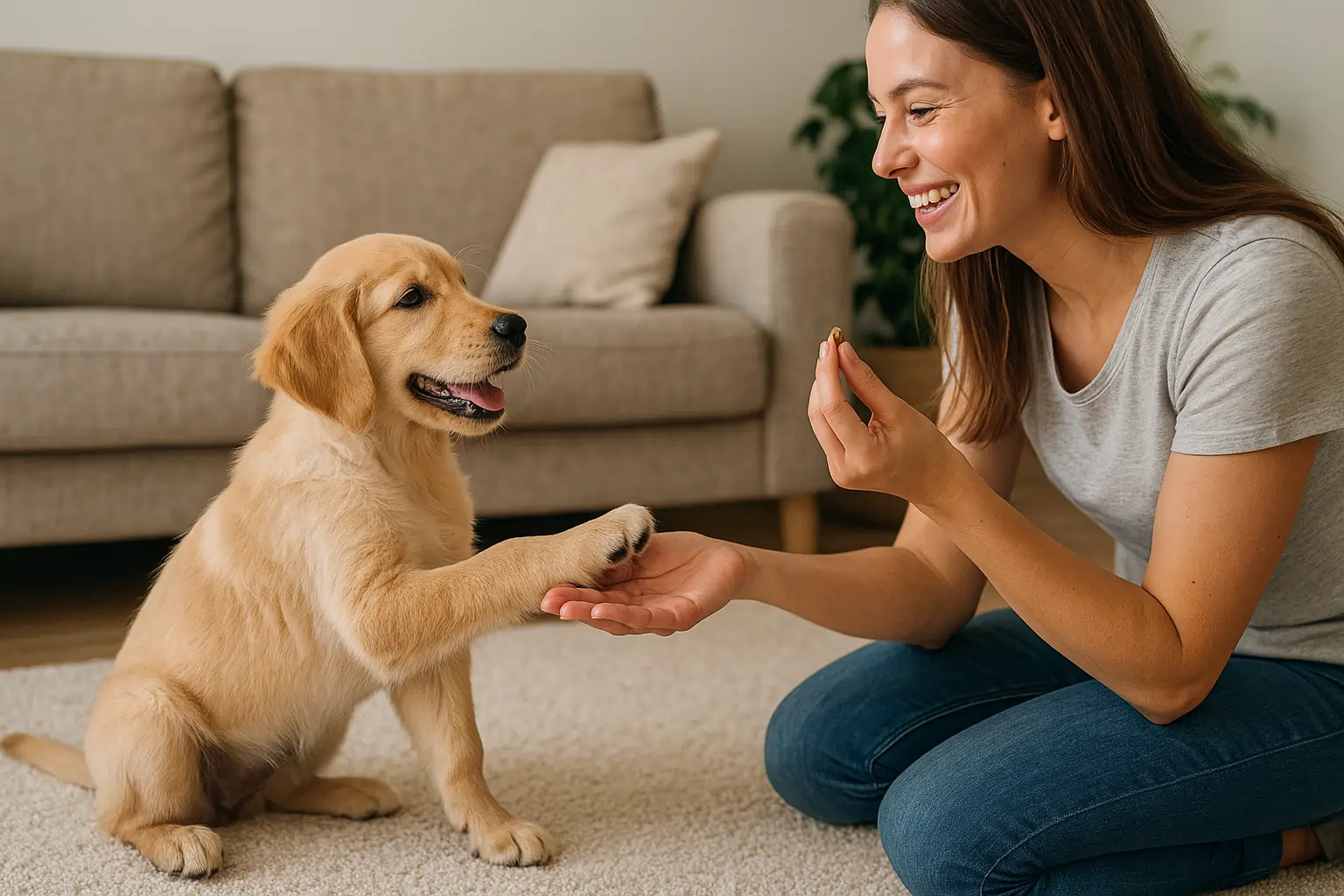
How to Take Care of a Puppy
Learning how to care for a puppy also involves establishing daily routines for feeding, exercise, and affection. Daily Puppy Care Tips:
- Feed at the same time each day
- Play in brief, frequent plays.
- Keep a regular toileting schedule.
It is best not to change your whelp too many times at once; they are creatures who love order.
Common Mistakes First-Time Owners Make
Every new dog parent makes a few mistakes; it’s part of the learning process. But understanding what to avoid can make your journey much smoother and more enjoyable. Here’s a breakdown of the most common mistakes and how to fix them.
Not Researching Enough Before Getting a Dog
Many first-time owners fall in love with the first cute face they see, without considering breed size, temperament, or exercise needs. A calm family may not suit a high-energy working breed, and apartment life may not fit large dogs.
Delaying Vet Visits or Skipping Vaccines
Vet visits can be intimidating for first-time owners, but they’re essential for your dog’s health. Early checkups help detect potential issues and ensure your pet’s vaccinations are on schedule.
Ignoring the True Costs of Getting a Puppy
Many people underestimate the long-term costs of getting a dog. Beyond the initial purchase or adoption fee, you’ll need to budget for vet visits, vaccinations, grooming, food, toys, and training supplies.
The Emotional Experience of Keeping a Dog
When you adopt a puppy, you are not getting a pet, you are getting a best friend. A thousand tail wags, love, and loyalty will make up for the frustrating moments (like your puppy chewing your shoes). Values of responsibility, compassion, and unconditional love taught in this bond far exceed puppy years.
Do you have doubts or are you unsure about the type of puppy you want to keep at home? Reach out to us anytime at pupzcornermail@gmail.com; our team is always happy to guide new pet parents.
FAQs
What is the best time to get a puppy?
The best time to get a pup is when you can dedicate time to bonding and training, ideally when your schedule is flexible. Puppies aged 8 to 12 weeks adapt best.
What should I feed my puppy?
Feed high-quality puppy food rich in protein, healthy fats, and calcium. Avoid human food and sugary treats.
How do I take care of a new pet?
Create routines for feeding, playtime, and potty breaks. Visit the vet regularly, start early training, and give your puppy love and attention daily.
What’s the most common mistake first-time owners make?
Neglecting early training and structure. Puppies thrive on consistency and set routines from day one.

